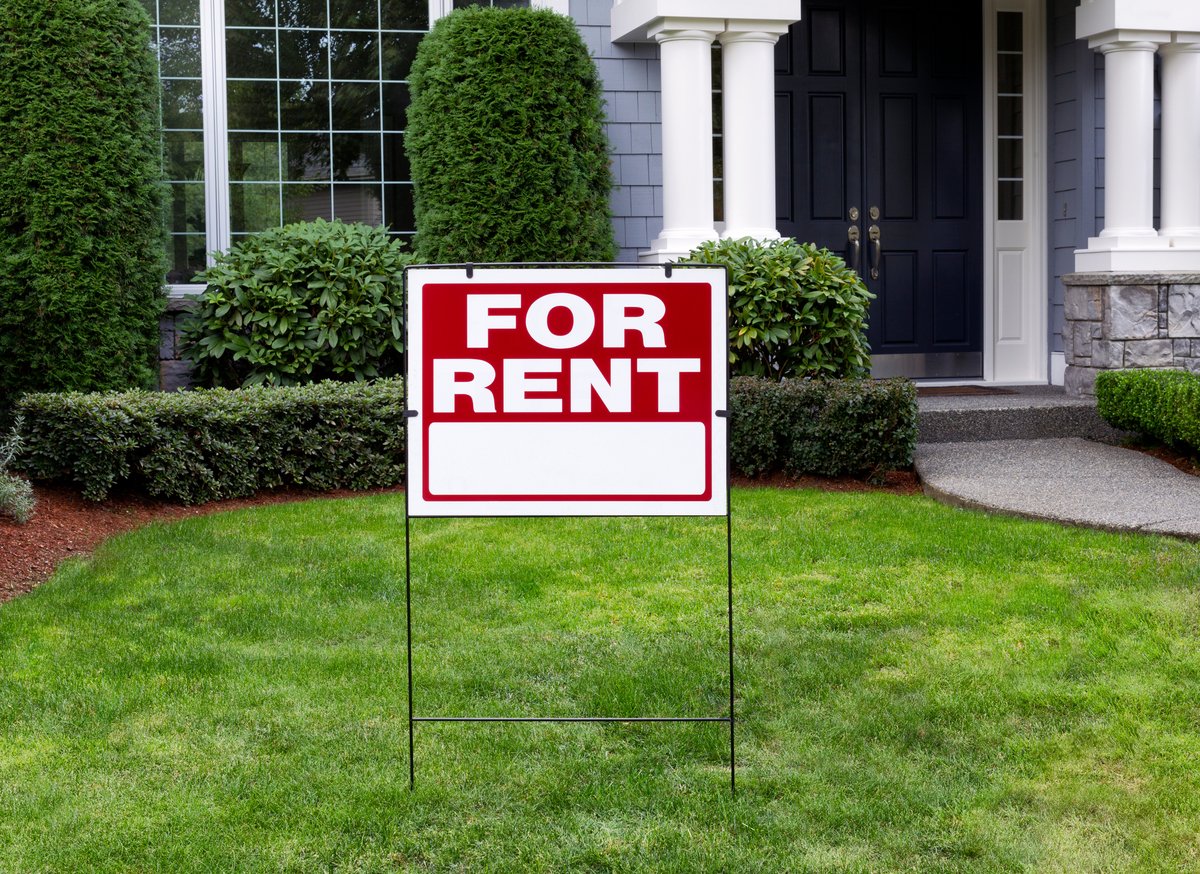
Image source: Getty Images.
If you're in your 70s, you'll likely appreciate an investment that can supply you with a steadily rising stream of income. One that can help support you in retirement and that you can count on year after year. Fortunately, there are some stocks that fit the bill. Read on to learn about two of the best.
The REIT
Realty Income (O 0.71%) is particularly well-suited as an income investment thanks to its nifty monthly dividend payout schedule. In fact, the real estate investment trust notes on its website that the company was founded in 1969 for the express purpose of providing "investors with monthly dividends that increase over time." And since its inception, Realty Income has paid 551 consecutive monthly dividends, including 75 consecutive quarterly dividend increases.

Image source: Realty Income.
Those dividends are supported by stable and steadily rising cash flow from Realty Income's commercial real estate assets. The REIT leases the majority of its properties on a net basis, so tenants are responsible for expenses such as maintenance, taxes, and insurance. The leases are long term -- typically spanning 10-20 years -- and include annual rent increases of up to 2% per year, thereby providing investors with an element of inflation protection.
Importantly, Realty Income focuses on acquiring properties leased to retailers that are insulated from the threat of e-commerce, such as those with a service, non-discretionary, and/or low price point component to their business. Think gyms, pharmacies, and dollar stores. These types of tenants also help to make Realty Income somewhat recession-proof -- a benefit reflected in the REIT's multi-decade streak of greater than 96% occupancy.

Image source: Realty Income.
In all, Realty Income is a high-quality business and a relatively low-risk way for investors in their 70s to earn an annual dividend yield of more than 3.7%, paid out in convenient monthly intervals.
The graveyard manager
Investors who are willing to endure a bit more volatility in exchange for an even more impressive yield may wish to take a look at StoneMor Partners (STON +0.00%). The death-care company is structured as a master limited partnership, which makes it necessary for StoneMor to payout the majority of its cash flow to its unit holders. That, in turn, allows StoneMor to offer investors a sizable annual distribution yield, currently more than 10%.
As for StoneMor's heightened volatility, it's not that its business model is particularly risky; operating cemeteries and funeral homes is about as drab as you can get. The investment risk for StoneMor comes more from the company's small-cap status, which, when combined with its somewhat difficult-to-understand financial statements, has made it a target of short-seller attacks in the past. However, StoneMor has recovered from each of these incidents, all the while continuing to payout a steadily rising stream of cash to investors.

Image source: StoneMor Partners.
Unless someone finds the fountain of youth, StoneMor's business should remain...predictable. I expect StoneMor to continue to do what it does best: purchase cemeteries and funeral homes at favorable prices and then work to improve their operations over time.

Image source: StoneMor Partners.
Moreover, several favorable demographic trends should help to boost StoneMor's organic growth. The most significant of which is the aging of the baby boom generation, which is expected to accelerate the annual death rate in the U.S. from 2.6 million in 2010 to 3.3 million by 2030.

Image source: StoneMor Partners.
All told, with a proven acquisition strategy and powerful demographic tailwinds set to propel its growth in the years -- and decades -- ahead, StoneMor Partners is an excellent high-yield income investment for investors in their 70s to consider.






